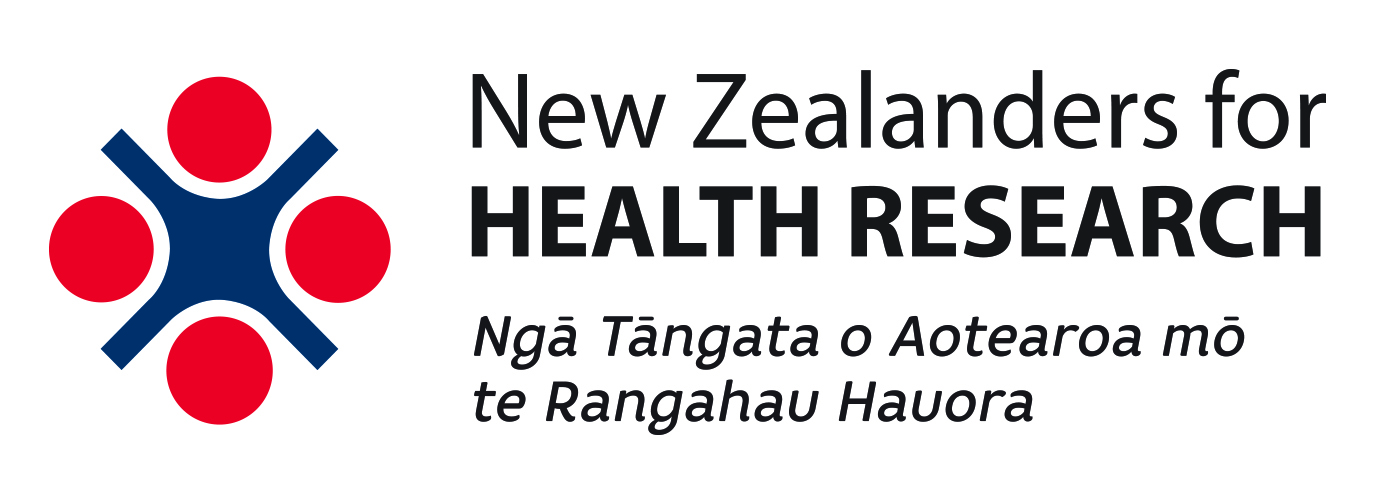News
Australian researchers join international project to curb unhealthy lifetime trajectories
The Telethon Kids Institute and The University of Western Australia are leading the Australian effort on an international project to better understand how events during pregnancy and childhood influence the development of disease later in life. The LifeCycle Project will bring together European, UK and Australian pregnancy and child cohort study researchers into a new…
Read MoreChildhood obesity is influenced by different factors
A new study suggests childhood obesity is influenced by different factors for young boys and young girls. Eating too much takeaway food is the main reason for obesity in young Queensland boys but a major influence on girls is the marital status of their parents, a new study has found. Read more
Read MoreCould mothers’ bacteria protect c-section babies from obesity risk?
A team of New Zealand researchers will investigate whether bacteria from mothers’ vaginas could protect babies born by caesarean section from a greater risk of obesity. There is growing evidence linking c-sections to an increased risk of the baby later developing obesity and immune disorders. A large international study last year found children born by…
Read MoreAustralian researchers first to map entire prostate cancer genome
In a world first, Australian researchers have mapped the entire genome of a prostate tumour, providing a new lens through which to view this disease. They mapped the most commonly diagnosed grade of prostate cancer. It was a tumour that scored 7 on the standard Gleason score and is clinically known to be highly unpredictable.…
Read MoreJenny Kruger’s research funding
Dr Jennifer Kruger from the University of Auckland has won a grant from the Health Research Council to develop a way to measure pelvic floor muscle health using a smartphone. “Urinary incontinence and pelvic organ prolapse affect one in four women,” says Dr Kruger, who leads the Auckland Bioengineering Institute’s Pelvic Floor Research Group. Read…
Read MoreResearchers identify 26 novel genes linked to intellectual disability
Researchers at the Centre for Addiction and Mental Health (CAMH) and Queen’s University have identified 26 new genes linked to intellectual disability. Currently most patients with intellectual disability receive no molecular diagnosis, which significantly affects their health and shortens their lifespan. The study, published online today in Molecular Psychiatry, has implications for the diagnosis and…
Read MoreParkinson’s disease replicated in zebrafish leads scientists to uncover life-improving drugs
The Australian researchers from Sydney’s Garvan Institute of Medical Research said it brought new hope to sufferers on World Parkinson’s Disease Day. They expect it will be the first of many diseases to be modelled in zebrafish, which can offer faster results than mice research. Read more
Read MoreFunding for innovative health research
Three Massey University researchers have been awarded a combined $450,000 to explore poverty and nutrition, tobacco dependence and performance measurement frameworks for health care. Dr Geoffrey Kira and Dr Penelope Truman of the School of Public Health and Professor Nigel Grigg of the School of Engineering and Advanced Technology, will each will receive $150,000 for…
Read Moreexpert reaction to reprogramming brain cells for Parkinson’s
In a new study publishing in Nature Biotechnology researchers describe how they reprogrammed human astrocytes in vitro, and mouse astrocytes in vivo, into induced dopamine neurons. Prof. David Dexter, Deputy Director of Research, Parkinson’s UK, said: “This is a very robust study where the authors have provided good evidence of being able to turn astrocytes…
Read MoreWorld-first discovery of protein that causes liver disease brings hope for new treatments
In a world-first discovery, scientists at Sydney’s Westmead Institute for Medical Research have identified a protein that causes liver fibrosis (scarring), paving the way for new treatments for liver disease to be developed. For the first time, researchers have unequivocally shown that variations in the interferon lambda 3 (INLF3) protein are responsible for tissue damage…
Read More
